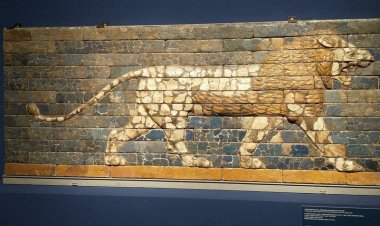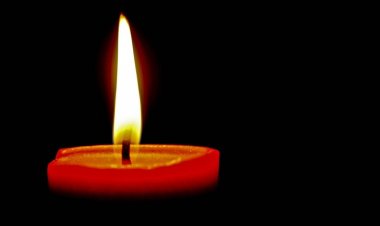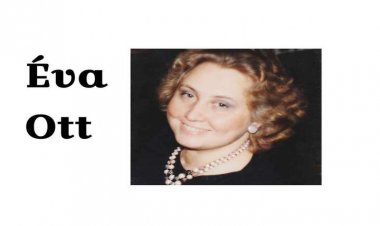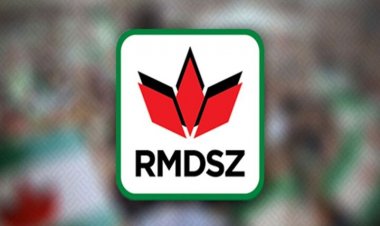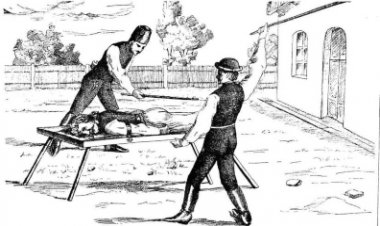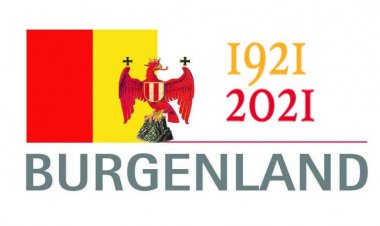Gustav Klimt: Rose Bushes Under the Trees
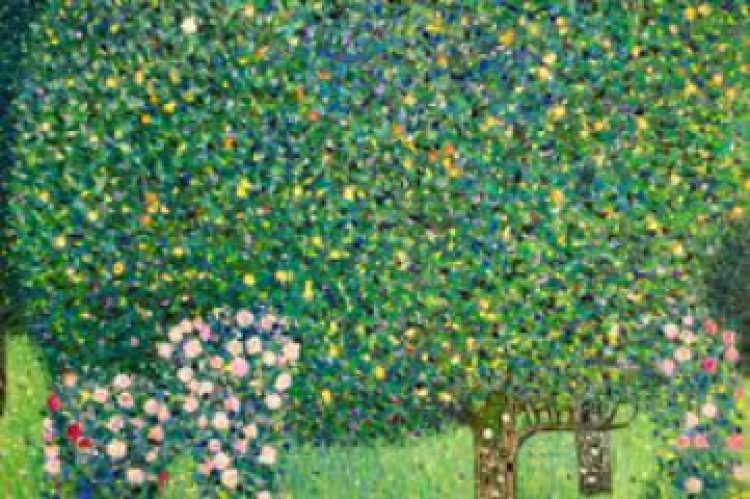
Announcement of the launch of the procedure for the restitution of Gustav Klimt’s "Rose Bushes Under the Trees" (Paited Circa 1905), held at the Musée d'Orsay
France’s Culture Minister, Roselyne Bachelot-Narquin, has announced the launch of the procedure for the restitution of Gustav Klimt's painting Rose Bushes Under the Trees, held at the Musée d'Orsay (inv. RF 1980-195), to the heirs of Nora Stiasny (1898-1942), who was forced to sell it under duress in Vienna in August 1938. This decision was taken following extensive work by the Musée d'Orsay, which, under the impetus of its president Laurence des Cars, played a major role in this unprecedented undertaking.
A few months after the Nazis’ Anschluss (annexation) of Austria, Nora Stiasny, niece of the great collectors Viktor and Paula Zuckerkandl, was forced to sell a painting by Klimt, then entitled Apple Tree, for a sum far below the market price. Nora Stiasny, from a Jewish family, was later deported and murdered in 1942 with her mother, as were her husband and son the same year.
In the late 1990s, a request for restitution to the Belvedere Gallery, the Austrian National Museum of Modern Art, was made by the heirs of Nora Stiasny, which led to the restitution in 2001 of the painting, Apple Tree II by Gustav Klimt. However, in July 2017, the Austrian authorities in charge of heritage provenance research concluded that there had been an error on the returned work.
Further joint research by the Musée d'Orsay, the French Ministry of Culture, the Belvedere Gallery, and representatives of Nora Stiasny's heirs confirmed that the Klimt painting looted from Nora Stiasny, in fact, corresponds to the painting Rose Bushes Under the Trees in the Musée d'Orsay.
This painting entered the French national collections in 1980 as part of the prefiguration of the Musée d’Orsay and was acquired on the art market. As with all acquisitions made by the State, it was submitted for approval to the French Artistic Council of the National Museums, which made its decision on the basis of the information available at the time concerning the work and its history in particular.
Knowledge of Viktor Zuckerkandl's collection and the fate of his family in the 1920s, 1930s, and 1940s has grown in recent years, providing a better understanding of the various works by Klimt acquired by the collector. These new elements have made it possible to establish the provenance of the Klimt work in the Musée d'Orsay.
The complexity of this case is a reminder of the importance of provenance research and the need to clarify the path of the works between 1933 and 1945, in order to ensure that the cultural property now held in public collections was not the object of anti-Semitic looting during this period. In 2019, the French Ministry of Culture thus created a mission dedicated to researching cultural property looted between 1933 and 1945, in order to expand the efforts made over more than twenty years. The public establishment of the Musée d'Orsay and Musée de l’Orangerie, like other national museums, is engaged in this in-depth work on the provenance of the works it holds.
The restitution announced today cannot be implemented immediately, due to current legal provisions. Unlike works listed in the "Musées Nationaux Récupération" inventories, which do not belong to the national collections and which can therefore be returned if they have been looted, works that have been incorporated into public collections through a voluntary act of acquisition, whether in return for payment or free of charge, are part of the public domain of movable property protected by the legislative principles of imprescriptibility and inalienability.
In order to make the restitution of Rose Bushes Under the Trees to Nora Stiasny's heirs effective, the Government will introduce a bill as soon as possible to authorize the removal of the work from the national collections, on the basis of the looting that occurred in 1938.





